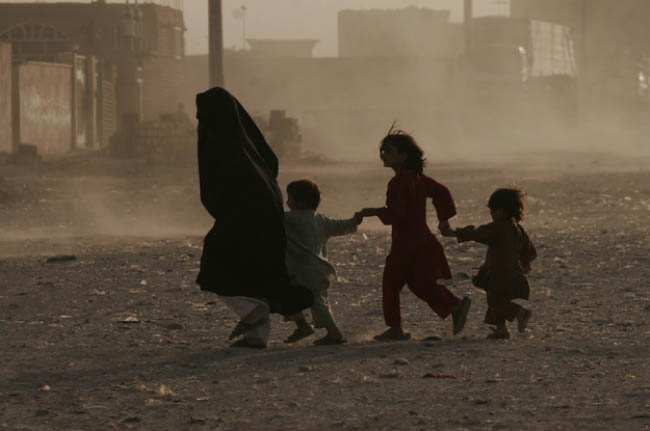Within the past two years, the Taliban carried out large-scale attacks against Afghanistan and killed scores of Afghan soldiers and civilians. With mullah Haibatullah at the helm, the Taliban did not show tendency toward peace negotiation. They targeted people indiscriminately to put pressure on Afghan government. The Taliban’s deadly attacks reflect their lukewarm response to peace process.
Mullah Haibatullah, who became the Taliban leader on May 25, 2016, is a religious scholar and the issuer of the majority of the Taliban’s fatwa (religious decree). The Taliban also bestowed upon Akhundzada the title Emir-al-Momineen (Commander of the Faithful) that his two predecessors had carried. Rather than a warlord or military commander, he has a reputation as a religious leader who was responsible for issuing most of the Taliban’s fatwas. Akhunzada comes from a traditional Taliban stronghold and is known for his role in major decision-making on bombing attacks when he served as a deputy to the slain Taliban chief, Mullah Mansoor.
“He is known for his ruthless role during the Taliban rule when he served as a judge in Kandahar. He maintained his position as a traditional mujahed [fighter] actively taking decisions … whenever Mullah Mansoor was not available,” Akbar Agha, a former leader of a Taliban’s breakaway faction, is cited as saying. “He will help run the Taliban movement exactly the way Mullah Omar did because of his traditional mujahedeen mindset.”
With the death of Haibatullah’s predecessor, Mullah Mansoor, it was hoped that the Taliban would hold talks since Mansoor was deemed as obstacle before peace talks by the US government. To one’s unmitigated chagrin, the condition did not change and Haibatullah turned out to be more radical. In other words, he cherishes a fundamental ideology and called an ideologue rather than a political figure. He will judge and decide everything on the basis of his religious mindset.
On the other hand, since his appointment did not trigger much controversy, the Taliban show strong tendency toward a traditional or radical leader. The bulk of the Taliban militants also come from traditional background with radical mindset and will favor a leader like Haibatullah.
The intensified attacks of the Taliban within the two past years also reflect Haibatullah’s ideology. The Taliban carry out indiscriminate attacks and kill civilians without a tinge of guilt. After all, Afghan soldiers, who sacrifice their lives for nation, are butchered in cold blood. For example, in one recent massacre in Kandahar Province, the Taliban nearly wiped out an entire army unit of 60 men. In April, insurgents drove into the army’s headquarters in the northern province of Balkh and killed at least 140 soldiers in a rampage that lasted several hours.
The Taliban militants violate humanitarian law through killing civilians and war prisoners and destroying roads, hospitals, and local infrastructures. In fact, the Taliban are highly responsible for killing civilians and widely involved in war crime.
Now considering the aforementioned facts, the Taliban are unlikely to hold negotiation with Afghan government. Haibatullah is a greater obstacle before talks and he will hardly ever succumb to the frequent calls of Afghan government for negotiation.
Despite this fact, Afghan government established High Peace Council (HPC) in 2010 to hold talks with the Taliban. There are two issues about HPC: First, it was established by Afghan former president Hamid Karzai without involving the National Assembly members. The fact is that both executive and legislative powers are supposed to decide about the national security issues. So, disregarding the role of National Assembly, which is the legislative power, in establishing HPC is not a right decision politically. Second, the HPC has not gained any palpable results. From its establishment up to now, there was no achievement in terms of peace talks rather the security situation has been deteriorated. Although Hezb-e-Islami Afghanistan (HIA) led by Gulbuddin Hekmatyar reached an agreement with Afghan government, the HPC was said to have no role in this respect.
To reduce militancy, the international community will have to combat terrorism militarily and target both their hideouts and financial resources. Moreover, religious scholars are also responsible to campaign against terrorist networks and their ideology.
Home » Opinion » The Endless Talks vs. Endless War
The Endless Talks vs. Endless War
| Hujjatullah Zia

